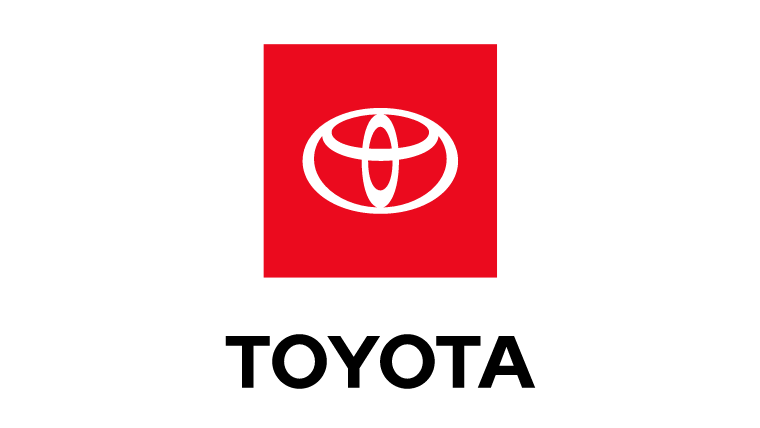Toyota Says California Emissions Standards Can Actually Harm Environmental Progress

Toyota has released a statement clarifying why it is supporting the Trump administration’s efforts to revoke California’s authority to set its own fuel efficiency and greenhouse gas emissions standards independent from the federal government.
The automaker says it “entered into this legal action not as a plaintiff or a defendant, and not to favor any political party,” but rather to make a stand on how emissions standards are applied. “We want to help forge a sustainable compromise for customers and the environment,” Toyota said. “Without joining this legal action, we would have no ability to affect the outcome.”
According to the automaker, multiple fuel economy standards will result in higher vehicle prices — and if customers can’t afford them, it doesn’t do anyone any good that new cars are more efficient. “If vehicle prices increase, consumers are likely to keep older, less efficient cars longer.”
Related: Toyota to reduce North American factory emissions by 40 percent
Toyota doesn’t say why it believes multiple standards would raise prices, though we can reasonably assume at least one reason: High fuel economy standards in one state, such as California, force automakers to invest more money in developing more efficient vehicles for the entire country. Because those vehicles cost more to make, they’ll also cost more to buy.
“We can do more to reduce greenhouse gases by focusing on the 250 million vehicles already on the road today,” Toyota continued. “We need to encourage consumers to trade in older, less efficient vehicles for newer vehicles that have higher fuel economy and therefore emit fewer greenhouse gases. We won’t be able to do that if prices are beyond what people are willing to do or afford.”
Toyota then pointed out that it already sells more alternative powertrain vehicles than the rest of the industry combined, having sold over 3.6 million hybrids in the United States since 2000. The automaker plans to have hybrid, plug-in hybrid, and fuel cell electric vehicles make up a quarter of its total sales by 2025.
Related: 2020 Toyota Corolla Hybrid overview

The News Wheel is a digital auto magazine providing readers with a fresh perspective on the latest car news. We’re located in the heart of America (Dayton, Ohio) and our goal is to deliver an entertaining and informative perspective on what’s trending in the automotive world. See more articles from The News Wheel.

